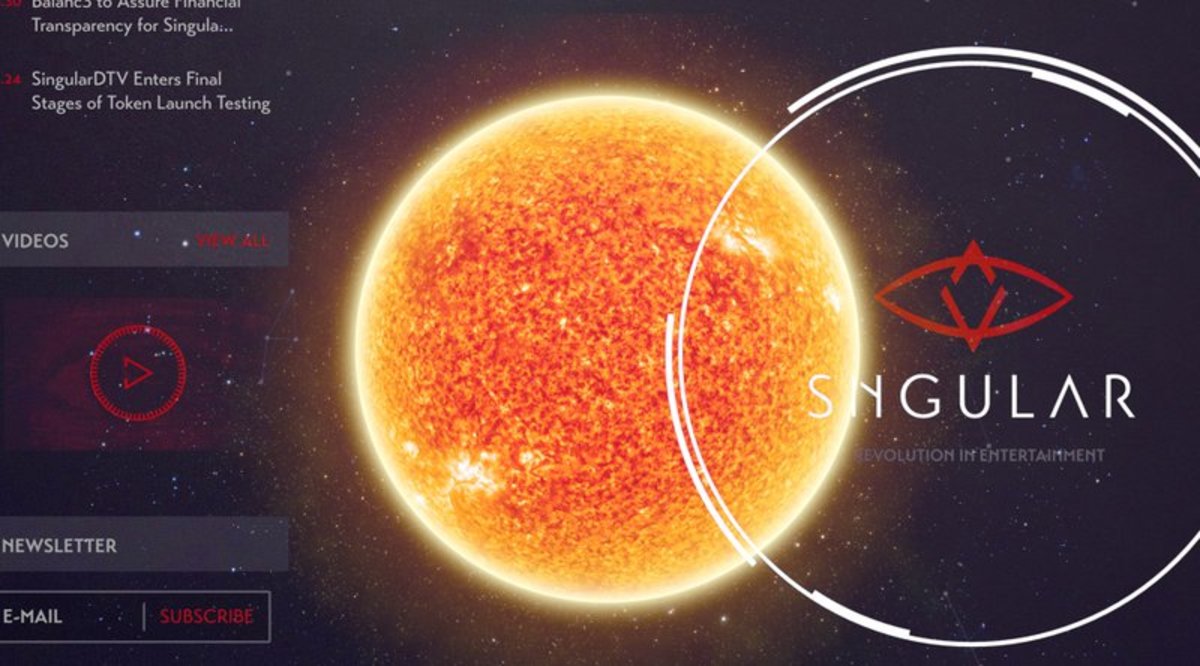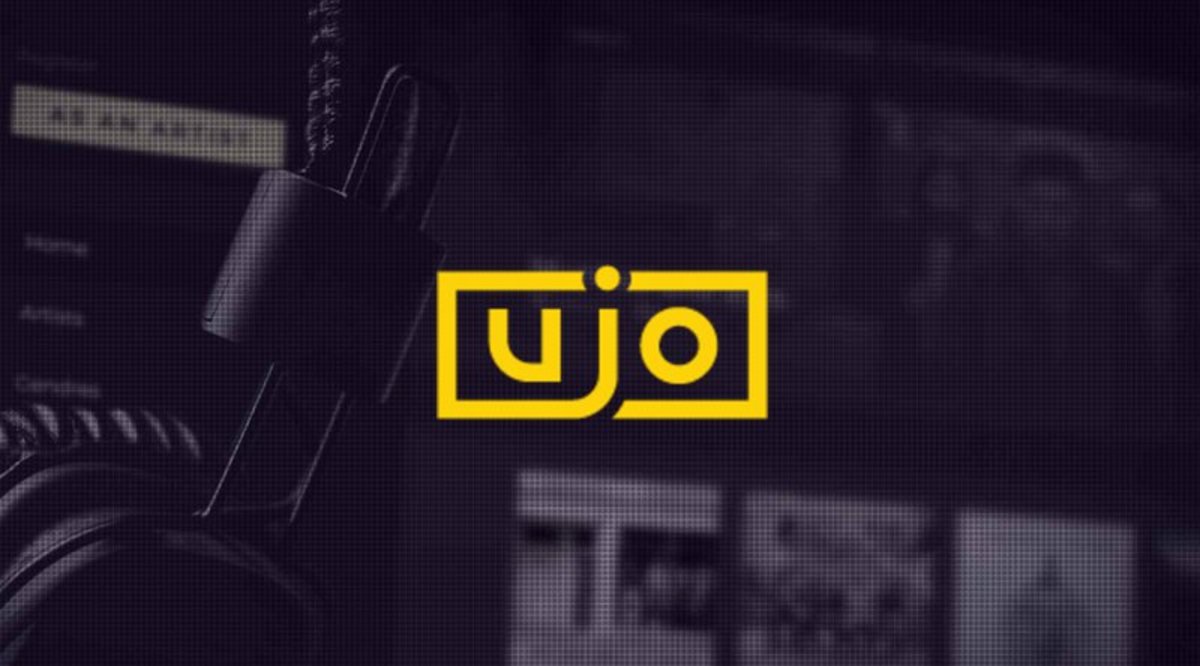
SingularDTV CEO, Zach LeBeau, believes that achieving a decentralized and equitable global film and video ecosystem is likely to result from building more, not fewer, bridges among blockchain, digital currency and legacy players.
In an interview with Bitcoin Magazine, LeBeau confirmed that SingularDTV, which is building an entertainment industry ecosystem on the Ethereum blockchain, is having exploratory conversations with at least one legacy studio and with "one of the more prominent" production companies.
LeBeau said that as recently as 2014, he saw virtually “100 percent” of legacy entrants he encountered as averse, if not outright "hostile" toward exploring blockchain, smart contracts and other drivers of industry decentralization.
Three years ago at SingularDTV's inception, legacy actors "couldn't care less about what we were doing or about decentralization or blockchain, but we're starting to see that change a little bit," said LeBeau. That hostility has subsided in some quarters, cracking open doors for serious discussion that could lead to fresh alliances, he said.
SingularDTV has been approached by studios and others, and LeBeau expects to be “announcing partnerships in the film industry...a year from now, late 2017, when we are closer to beta phase.”
He cautioned that even while more industry executives are "open to the possibility" of introducing blockchain and smart contracts technology, wariness regarding the scale and speed of decentralization remains a factor in many discussions.
Such openings will widen in due course, he said, largely because the prospect of rising demand from artists, consumers and others will drive decentralization and "compel" current industry components to join in the shift. "Film and TV deals are among some of the most complicated [transactions] in the world. You have hundreds, sometimes thousands of transactional participants in a single movie," he emphasized.
LeBeau said there's long been awareness of the need to leverage key parts of existing industry, as well as the reality that, in order to achieve a broad, fair and balanced ecosystem, "ultimately, we've got to do it, together."
Indeed, selective partnering is an important ingredient in funding the growth and maturation of both SingularDTV and the overall ecosystem, he said.
Thanks to initial founder funding, partnerships and the $7.5 million equivalent raised through its SNGLS initial coin offering in early October, LeBeau said he's confident the company has the runway it needs to "challenge and or disintermediate the largest entertainment platforms within five to 10 years."
"To challenge the Netflixs of the world, we need to add tremendous value to our platform and make the appropriate strategic partnerships to take us to that next level," he emphasized.
SNGLS are tokens that each represent a claim on SingularDTV's decentralized intellectual property (IP), including documentaries and other films, TV-series episodes, software and other assets. Documentary topics may include the decentralization theme, blockchain and the emergence of Ethereum.
As the demonstrable value of SingularDTV assets rise, that rise could be reflected in the value of SNGLS. LeBeau said this asset-based value is intended to sharply differentiate SNGLS from token valuations that are not associated with utility, but have large speculative components.
SingularDTV's engagement with the legacy entertainment industry is likely to expand as SingularDTV arrives at beta-stage, which is projected for 2H 2017, he added.
Until beta arrives, SingularDTV plans to demonstrate using only its proprietary content, including documentaries, a Sci-Fi series and other assets. It's in talks about including a film from an outside studio during the beta phase. That would represent a novel decentralization of film distribution by the studio in question.
As reported by Bitcoin Magazine two months ago, LeBeau and SingularDTV CTO, Joseph Lubin, said they believe their blockchain-based digital content- and rights-management platform, with its SNGLS local digital currency, will quickly enable artists, filmmakers, performers and other content creators to monetize their works, independent of Netflix, YouTube and other intermediaries.
In LeBeau's view, artists will at that point have an alternative to "the monopolistic and obfuscated distribution machine of the legacy entertainment industry.”
LeBeau also said that he prefers not to think of SingularDTV's goal as a matter of "competing" with actors within the status quo — whether Hollywood or Bollywood. Rather, his goal is to offer consumers and other users "an alternative experience" that is decentralized, transparent and peer-to-peer, providing overall "a user experience that the internet presently cannot."
In a November 1 press release, SingularDTV announced its adoption of ConsenSys Systems' uPort application, which affords access to a self-sovereign identity and key management system built on the Ethereum blockchain.
LeBeau said that while decentralized user identity afforded by blockchain is a vital part of the user experience in music, entertainment and other sectors, legacy industry executives who do not yet understand blockchain typically do not grasp the importance associated with an artist being able to build her brand globally and persistently.
This lack of understanding results partly from the fact that the users worldwide are more accustomed to the way identity is controlled on the internet by entities such as Facebook and Twitter, according to a recent SingularDTV statement.
On SingularDTV, both audience and content producers control and own their respective identities, which remain uniform throughout Ethereum.
In contrast, SingularDTV observed, an internet merchant on Amazon “who has been selling products for several years and has built a reputation based on a collection of reviews and ratings is not able to take that same identity history to eBay if they want to begin selling there. Instead, they need to build their identity and reputation from the beginning.”
As previously reported by Bitcoin Magazine, uPort won the Blockchain Summit Demo Day competition in September, in Shanghai.









